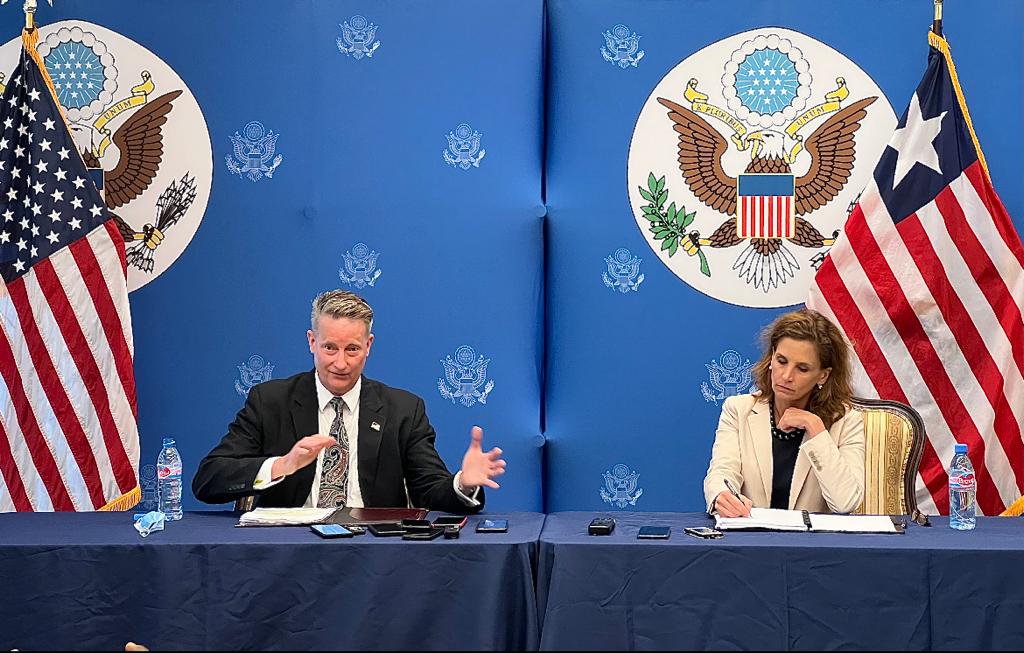MONROVIA – United States Ambassador to Liberia Michael McCarthy has called on the Liberian government to render more support to anti-graft institutions to strengthen the fight against corruption.
“I call on Liberia’s legislative and executive branches to work together to ensure that Liberia’s budgets, which have the force of law, are honored, and that Liberia’s integrity institutions receive their full budget appropriations,” he said during his regular monthly press briefing on Tuesday.
“I hope that Liberian lawmakers are regularly meeting with the Ministry of Finance to ensure that government expenditures are in line with national budget appropriations, and I urge lawmakers and civil society to hold the government accountable for any deviations.”
‘No Prosperity without Integrity’
Recently, Amb. McCarthy, as head of a U.S. Embassy delegation, visited several anti-graft institutions in Monrovia, among them are the Internal Audit Agency (IAA), General Auditing Commission (GAC), Financial Intelligence Agency (FIA), the Public Procurement and Concessions Commission (PPCC), and the Liberia Extractive Industries Transparency Initiative (LEITI).
From his visitation, the U.S. diplomat said he gathered that the Liberian government was not supporting integrity institutions as it should and warned that Liberia will not prosper in the absence of well-functioning integrity institutions.
At the end of the devastating civil war in 2003, the Liberian government, with the help of the United States Government and friendly nations and partners, established several democratic institutions, as well as safeguards for protecting its democratic governance.
Chief among these safeguards were Liberia’s integrity institutions. These institutions were created by law and designed to be shielded from political interference.
In combination with a robust civil society environment and vibrant free media, they are intended to give Liberia unique strengths in maintaining its democracy.
As Liberia built its post-war foundation on democracy and the rule of law, the international community took notice and multinational businesses returned to Liberia’s shores, and GDP growth accelerated from 2003 to 2011.
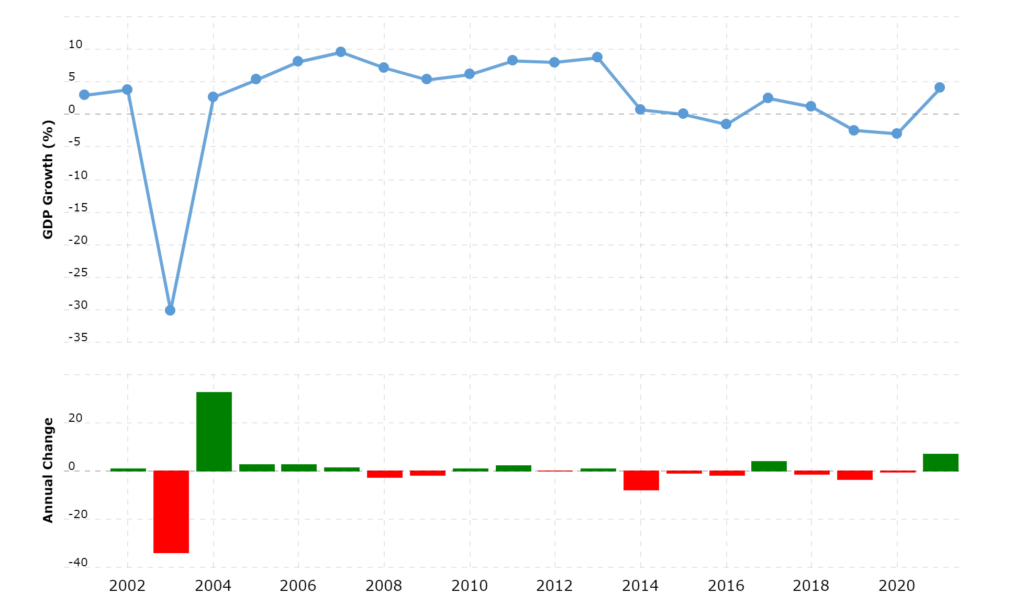
Amb. McCarthy pointed out that over the past decade, momentum shifted, and as Liberian leaders gave less political and financial support to the nation’s vital integrity institutions, the economy slowed, corruption increased, and international businesses began to look elsewhere for investment opportunities.
These trends are related, he said, adding that there is a direct correlation between the health of Liberia’s integrity institutions and the health of the Liberian economy.
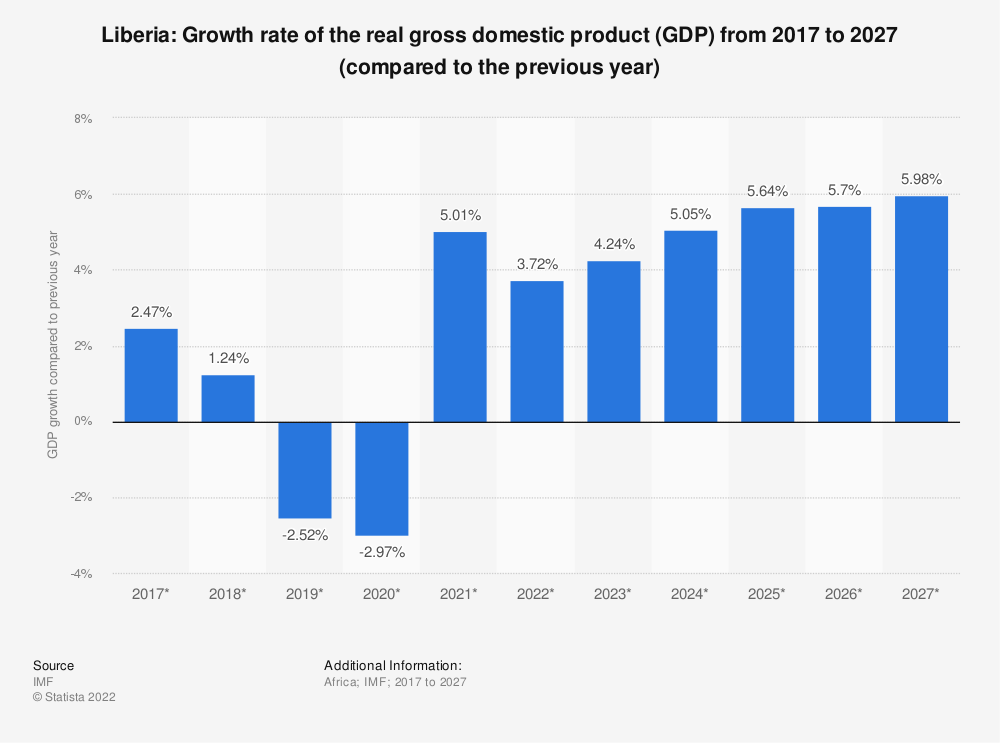
He noted that well-functioning integrity institutions reflect a country’s commitment to the rule of law, giving both foreign and domestic investors the confidence, they need to invest and keep their money in Liberia and to lay the foundation for Liberia’s future prosperity.
He noted that Liberia’s economic potential remains enormous, but this will not be realized without the accountable democratic governance that Liberia’s integrity institutions are meant to promote.
‘Starved of Funds’
Amb. McCarthy said he also gathered that Liberia’s integrity institutions need more resources to fulfill their legal mandates. “I found that for the most part, the integrity institutions are staffed by hard-working, dedicated people motivated to make Liberia a better country. Unfortunately, I also saw that many of these essential organizations have much smaller budgets than they enjoyed years ago, and even less purchasing power, thanks to inflation,” he said.
“To make matters worse, most of them never receive the full amount appropriated to them by the legislature. Starved of funds and unsure whether, or when, they will receive their next allotment, they are nowhere near as effective as they should be,” he added.
He further mentioned that in some cases, funding shortfalls are more than fifty percent of the amount granted to them in the national budget; adding that in many cases, these funding gaps lead to major cuts in operational funds, leaving the integrity institutions without fuel for vehicles or laptops for investigations and audits.
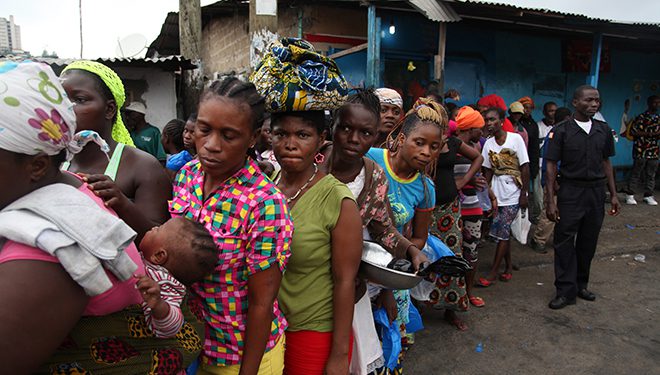
“If the goal is for more efficient, effective governance and genuine oversight of service delivery, I strongly encourage the Legislature to increase the budgets of these institutions. But at the very least, the Legislature should exercise its rightful fiscal oversight authority by ensuring that the amount appropriated to these organizations is the amount they receive,” he said.
The U.S. diplomat’s comments come just a day after the Ministry of Finance and Development Planning submitted Liberia’s draft national budget for the Fiscal Year 2023 to the Legislature following a two-month delay.
Amb. McCarthy noted that in Liberia’s Constitution, only the Legislature has the power of the purse – the Executive Branch through the Ministry of Finance and Development Planning is responsible for distributing funds to government entities through “allotments,” but has no authority to alter the amount determined by the Legislature in the annual budget.
Yet in many cases, budgeted amounts are changed, and allocations are further reduced, often without prior input from the Legislature, he said.
‘No success without a political will’
Further in his briefing, Amb. McCarthy noted that Liberia’s integrity institutions cannot succeed without robust political backing for their work. Democracies are only as strong as their institutions that provide checks and balances, and Liberia’s integrity institutions are vital to curbing corruption and ensuring good governance, he said.
Since its ascendancy in 2018, the Weah-led Government continues to trumpet its commitment to fighting corruption. In its much-publicized Pro-Poor Agenda for Prosperity and Development (PAPD), the government pledged its commitment to institute measures to curb graft and undertake initiatives that will have a transformative impact on the citizens.
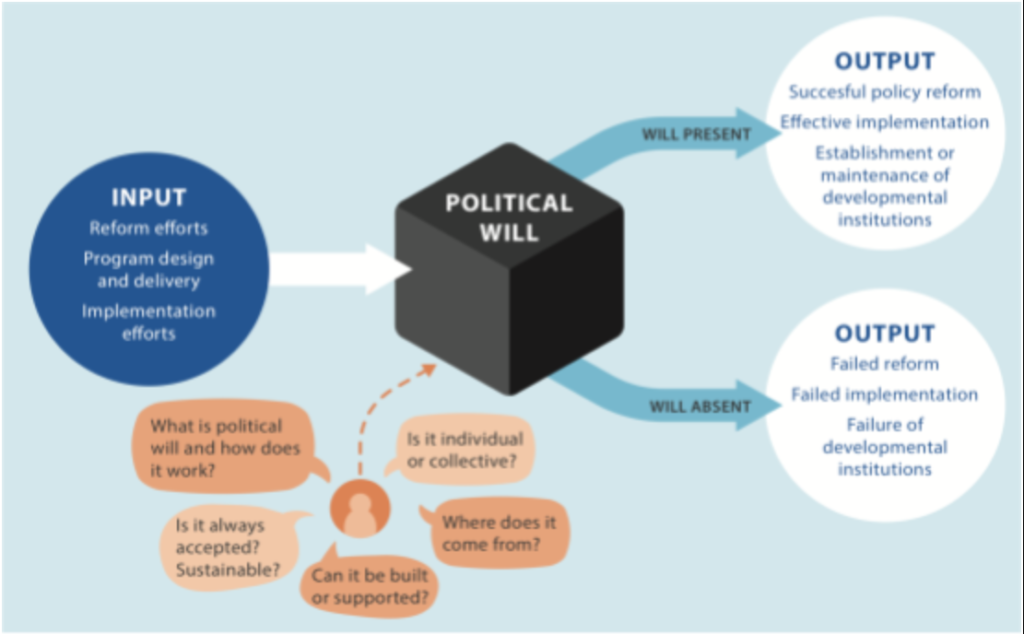
However, the government continues to come under increasing criticism for not doing enough to combat corruption. The President has failed to compel his cabinet officials to abide by the provision of the Code of Conduct which mandates every presidential appointee and other public servants to declare their assets. In the 54th Legislature where the two chambers are headed by both partisans of the ruling Coalition for Democratic Change (CDC), none of the dossiers of the General Auditing Commission (GAC) reports and recommendations has been investigated and acted upon.
“We have a saying in America that “you have to put your money where your mouth is,” meaning, in this context, that Liberia’s leaders can show their support of their integrity institutions by backing up their words with funding and actions. It is one thing to say you support the work of public auditors, but it is another to allow full and complete audits, and to respond to the deficiencies they uncover.” Continuing he said.
“It is one thing to say you support corruption investigations, but it is another to allow investigations to be undertaken without political interference. It is one thing to say you want transparency in Liberia’s extractive industries, but it is another to publicly disclose all government extractive industry concession and exploration agreements and revenue, publicly calling out illegal actors.”
“It is one thing to support the Code of Conduct, but it is another to enforce compliance with asset declaration requirements. By now, I think you get my point, and I will conclude by saying that Liberia’s integrity institutions urgently need the political will to fulfill their mandates.”
Source: Front Page Africa

